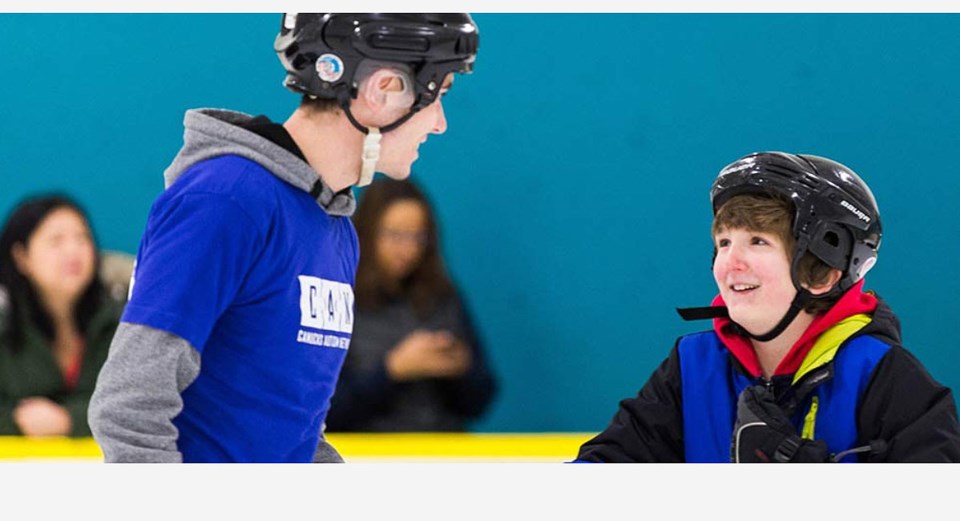A high demand for services is straining Delta parks and recreation staff's ability to meet the evolving needs of children with disabilities in the community.
That’s according to a staff report to the Parks, Recreation and Culture Commission on the city’s recreation support for persons with disabilities, which notes Delta encourages people of all ability levels to participate in programs.
Ad hoc requests for services in programs such as day camps, preschool and before and after school care are now more frequent, making the ability for staff to provide volunteers to support children one-on-one less feasible, leaving the instructor to manage the child.
The primary challenge is in sourcing consistently available, qualified volunteers who can provide support on a regular basis, the report notes.
“Over the past several years, Delta has applied for and received grant funding to support hours for two Summer Support Workers. These staff are hired to provide full time program support to children with disabilities in registered day camps; however, as funding is limited, the hours end by the fall. In addition, as these two Support Workers provide one-on-one support for children, Delta is only able to provide this high level of support for two children in each week of summer camp. Other children requiring support are partnered with one of Delta's Accessibility Support Program (DASP) volunteers,” the report notes.
The report also explains that while some individual activities and group programs can be tailored for specific interests and needs, and adaptive equipment is available for some activities, the number of programs available that are specifically adapted is limited.
By developing partnership agreements with community organizations, the report suggests,
Delta may be able to utilize external funding for additional hours for one-on-one support workers and the further development of adaptive programs and recreation services.
“In addition to providing a more diverse spectrum of adaptive programs and services, relationships with community organizations will help staff to be more informed, responsive and flexible, and meet the changing needs of children and families of all abilities,” the report adds.
“This fall, through a partnership with the North Delta Football Club and the North Delta Baseball Association, a new weekly Adaptive Multi-Sport Program will be offered to children with cognitive or physical disabilities that will introduce and develop skills, instill confidence and most importantly, encourage children to enjoy the full benefits of participation at a level that is structured to their abilities.”
The report states Delta staff meet quarterly with the Lower Mainland Municipal Accessibility Committee, attend meetings with the Inter-Municipal Volunteer Leaders Committee and, as requests for support increases, staff will continue to liaise with other municipalities and community agencies on how to best offer support and services.
“Following council's direction through the Mobility and Accessibility Committee to create and enhance programs to meet the needs of people with disabilities, staff will continue to investigate and implement support, opportunities and levels of engagement for children and adults to live and play with dignity and as full and equal participants in the community.”



